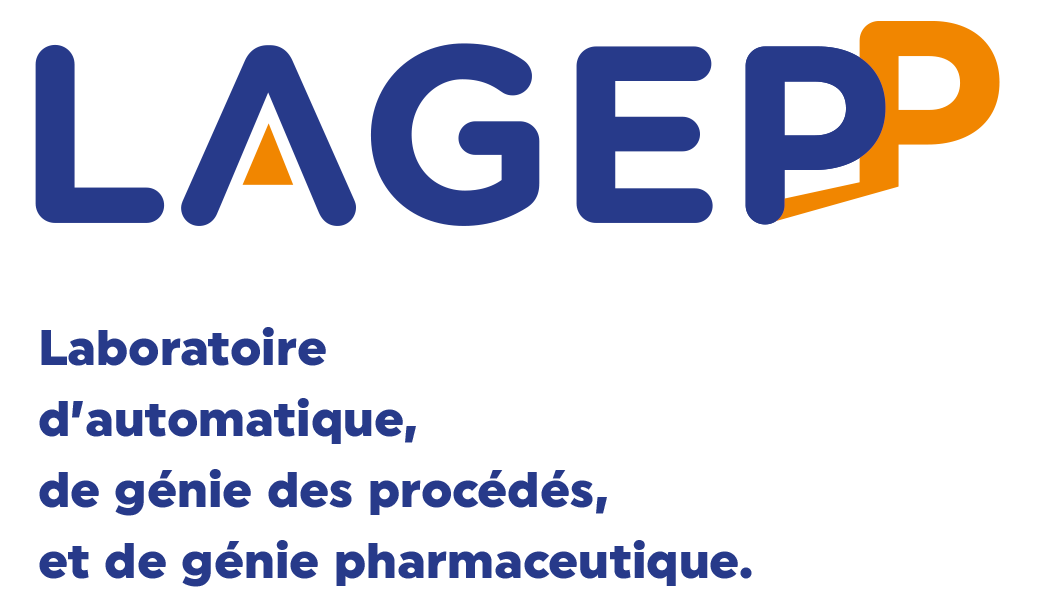Advancements in Biodegradable Active Films for Food Packaging: Effects of Nano/Microcapsule Incorporation
Résumé
Food packaging plays a fundamental role in the modern food industry as a main process to preserve the quality of food products from manufacture to consumption. New food packaging technologies are being developed that are formulated with natural compounds by substituting synthetic/chemical antimicrobial and antioxidant agents to fulfill consumers’ expectations for healthy food. The strategy of incorporating natural antimicrobial compounds into food packaging structures is a recent and promising technology to reach this goal. Concepts such as “biodegradable packaging”, “active packaging”, and “bioactive packaging” currently guide the research and development of food packaging. However, the use of natural compounds faces some challenges, including weak stability and sensitivity to processing and storage conditions. The nano/microencapsulation of these bioactive compounds enhances their stability and controls their release. In addition, biodegradable packaging materials are gaining great attention in the face of ever-growing environmental concerns about plastic pollution. They are a sustainable, environmentally friendly, and cost-effective alternative to conventional plastic packaging materials. Ultimately, a combined formulation of nano/microencapsulated antimicrobial and antioxidant natural molecules, incorporated into a biodegradable food packaging system, offers many benefits by preventing food spoilage, extending the shelf life of food, reducing plastic and food waste, and preserving the freshness and quality of food. The main objective of this review is to illustrate the latest advances in the principal biodegradable materials used in the development of active antimicrobial and antioxidant packaging systems, as well as the most common nano/microencapsulated active natural agents incorporated into these food-packaging materials.
| Origine | Fichiers éditeurs autorisés sur une archive ouverte |
|---|


